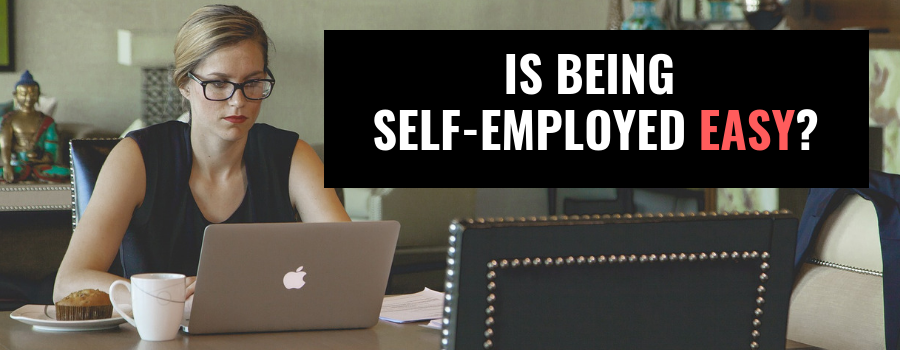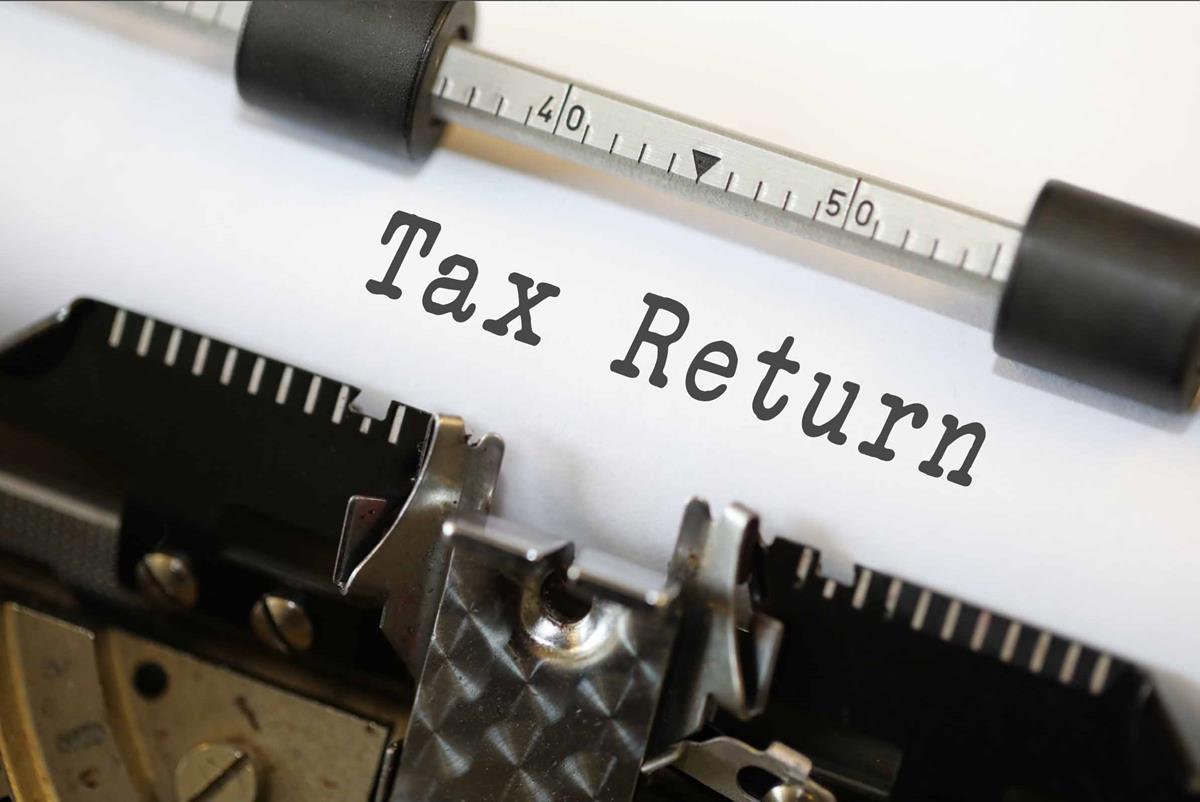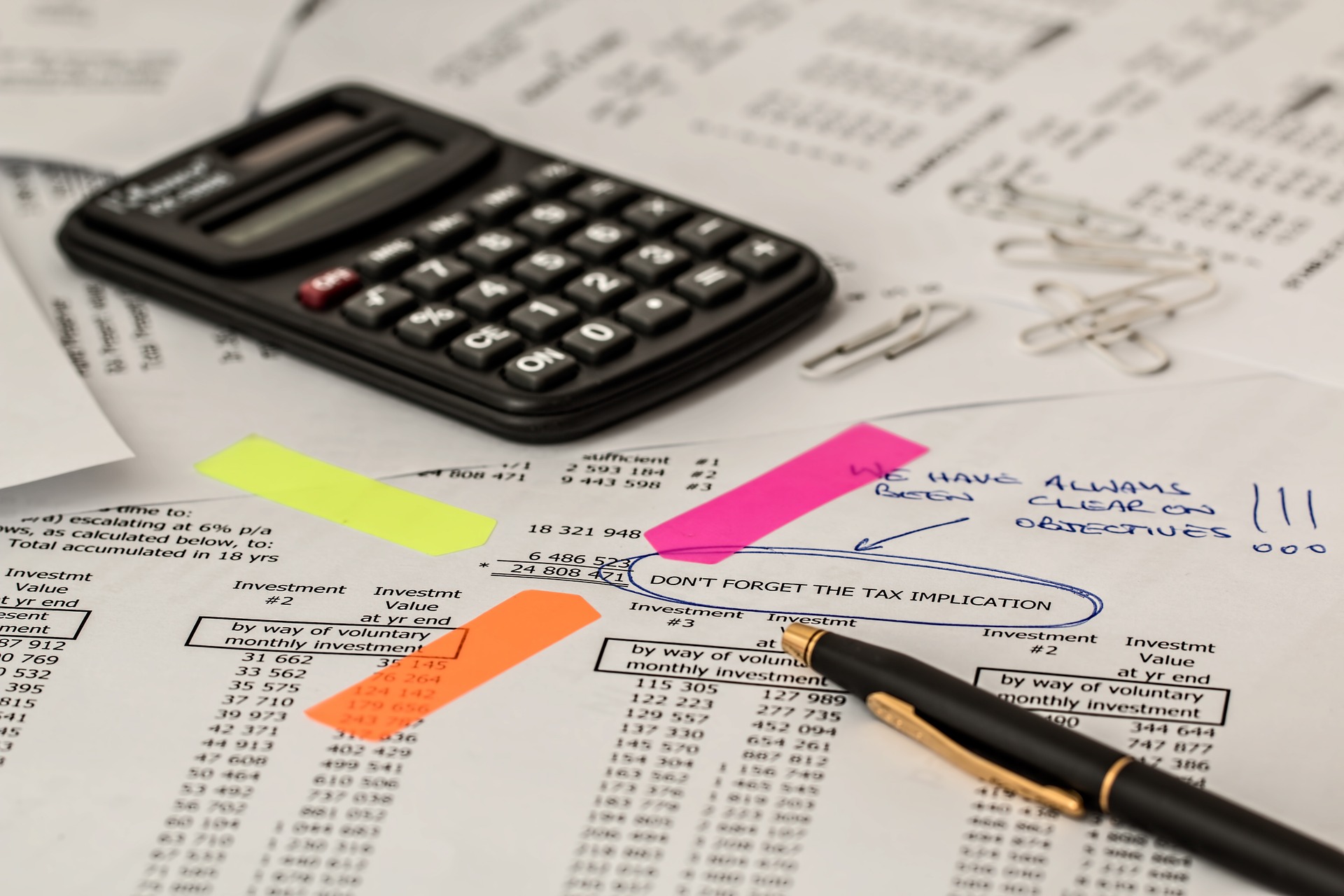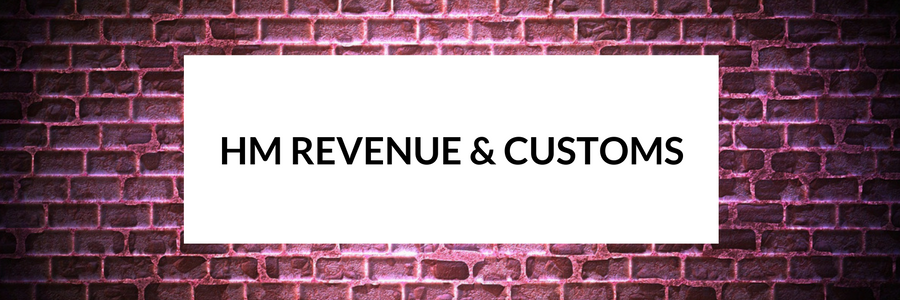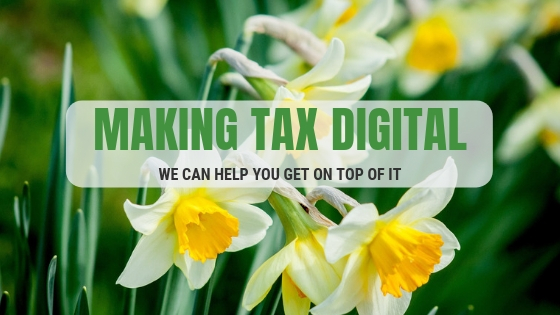
How would a no deal Brexit affect VAT for businesses?
HMRC have released official documentation detailing how a no deal Brexit would impact VAT rules for UK businesses trading with EU countries. The government department have spent the last two years preparing for all scenarios.
The paper said: “This is contingency planning for a scenario that the UK government does not expect to happen, but people should be reassured that the government is taking a responsible approach.”
Even though most businesses will see no change to VAT rules, it is important for them to understand how a no deal result would affect them and start to take mitigation steps. This government notice provides early planning on VAT to help businesses understand the potential impact of a no deal, and further details and actions will be released in due course.
The current rules state that VAT is charged on most goods and services sold within the UK and EU, and VAT is payable by businesses when they bring goods into the UK, even though rules differ depending on whether goods come from EU or non-EU countries.
Exemptions include goods exported by UK businesses to non-EU countries and EU businesses. They are zero-rated, meaning UK VAT is not charged at the point of sale. Any goods exported by UK businesses to EU consumers have either a UK or EU VAT charge, depending on the distance selling thresholds.
The UK will continue to have a VAT system after it leaves the EU next year and, even if no Brexit deal is reached, the government will aim to keep VAT procedures as close to how they look now as they can to provide continuity for businesses.
The paper highlights changes UK businesses must plan for if no deal is reached for when importing goods from and exporting goods to the EU, supplying services to the EU, and interacting with EU VAT IT systems, as outlined below.
Accounting for important VAT on goods imported into the UK
The government will introduce postponed accounting for import VAT on goods brought into the UK.
UK VAT registered businesses will be able to account for import VAT on their VAT return rather than paying it on or after their goods arrive in the UK. This will apply to both EU and non-EU countries. Customs declarations and any other duties will still have to be paid and further detail on accounting and record keeping will later be released.
VAT on goods entering the UK as parcels sent by overseas businesses
VAT will be payable on goods meeting this criterion.
Low Value Consignment Relief (LVCR) won’t be extended to goods entering the UK from the EU, including parcels. For parcels valued up to and including £135, a technology-based solution will allow VAT to be collected from the overseas business selling these goods to the UK. For goods worth more than £135 sent to the UK from an EU country as parcels, VAT will continue to be collected from UK recipients in the same way as the current procedure for parcels from non-EU countries.
VAT on vehicles imported into the UK
Businesses must continue to notify HMRC about vehicles brought into the UK from abroad as they do now.
This will still be done through the Notification of Vehicle Arrival Procedures (NOVA) system, which also ensures VAT is correctly paid on imported vehicles. Import VAT will be due on vehicles brought into the UK from EU member states after next March.
UK businesses exporting goods to EU consumers
Distance selling arrangements will no longer apply to UK businesses and UK businesses will be able to zero rate (not charge VAT at the point of sale) on sales of goods to EU consumers.
Current EU rules mean EU member states will treat goods that enter the EU the same as goods entering from non-EU countries – import VAT and customs duties will be due when they arrive.
UK businesses exporting goods to EU businesses
VAT registered UK businesses will continue to be able to zero-rate sales to EU businesses but will not need to complete EC sales lists.
As current EU rules say, EU member states will treat goods coming into the EU from the UK in the same way as those entering from non-EU countries with associated import VAT and customs duties due when goods arrive in.
UK businesses selling their own goods in an EU Member State to customers in that country
The UK will be able to carry on selling goods they have stored in an EU member state to customers in the EU as is the case for the rest of the world.
UK businesses will need to register for VAT in any EU member state where sales take place to account for the VAT due in those countries.
Content from Accountancy Age



